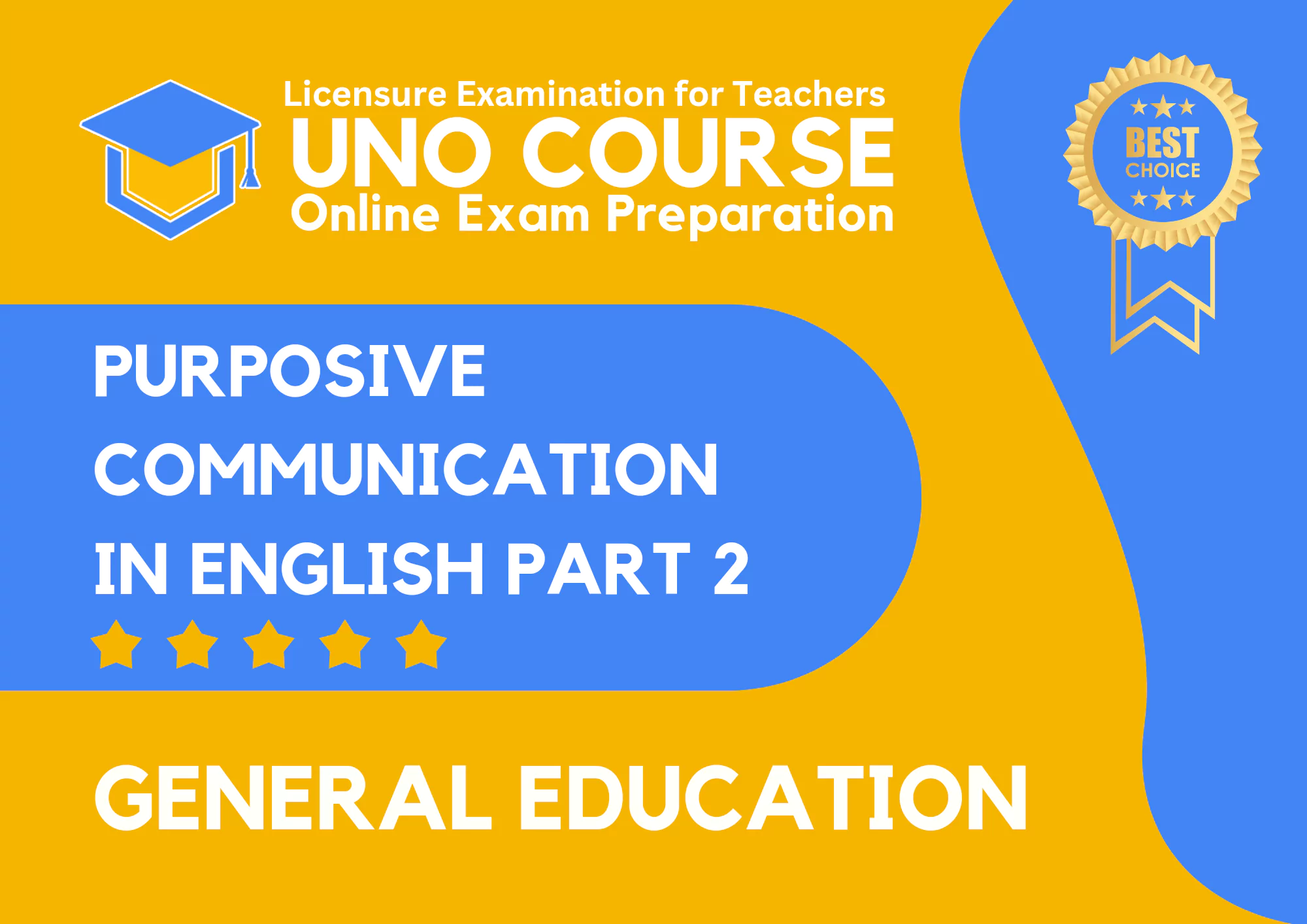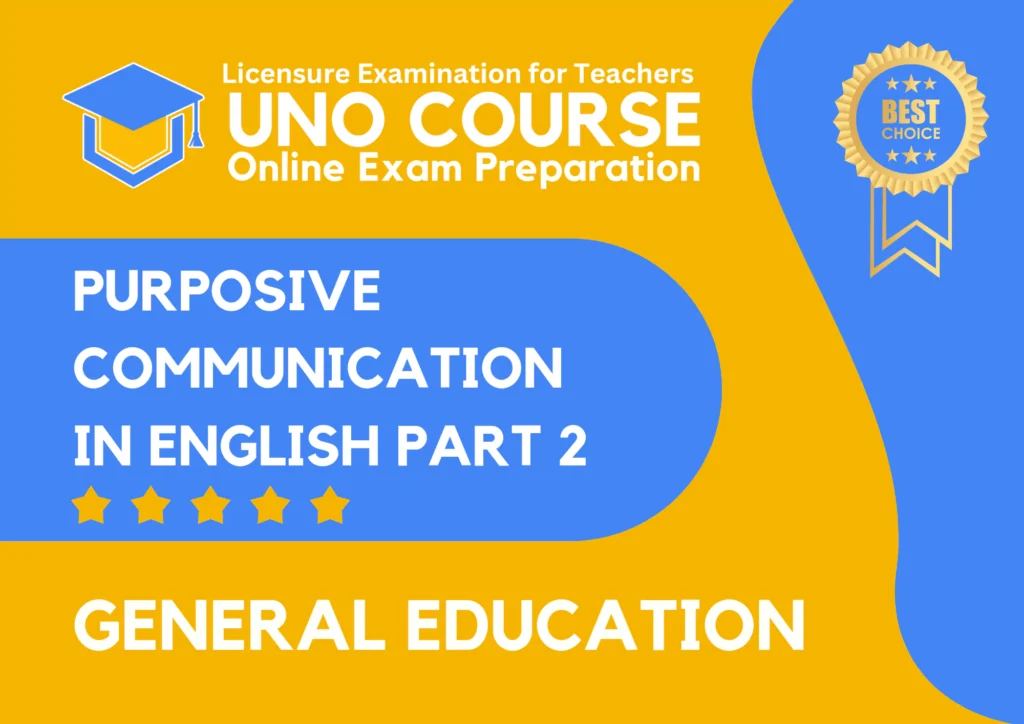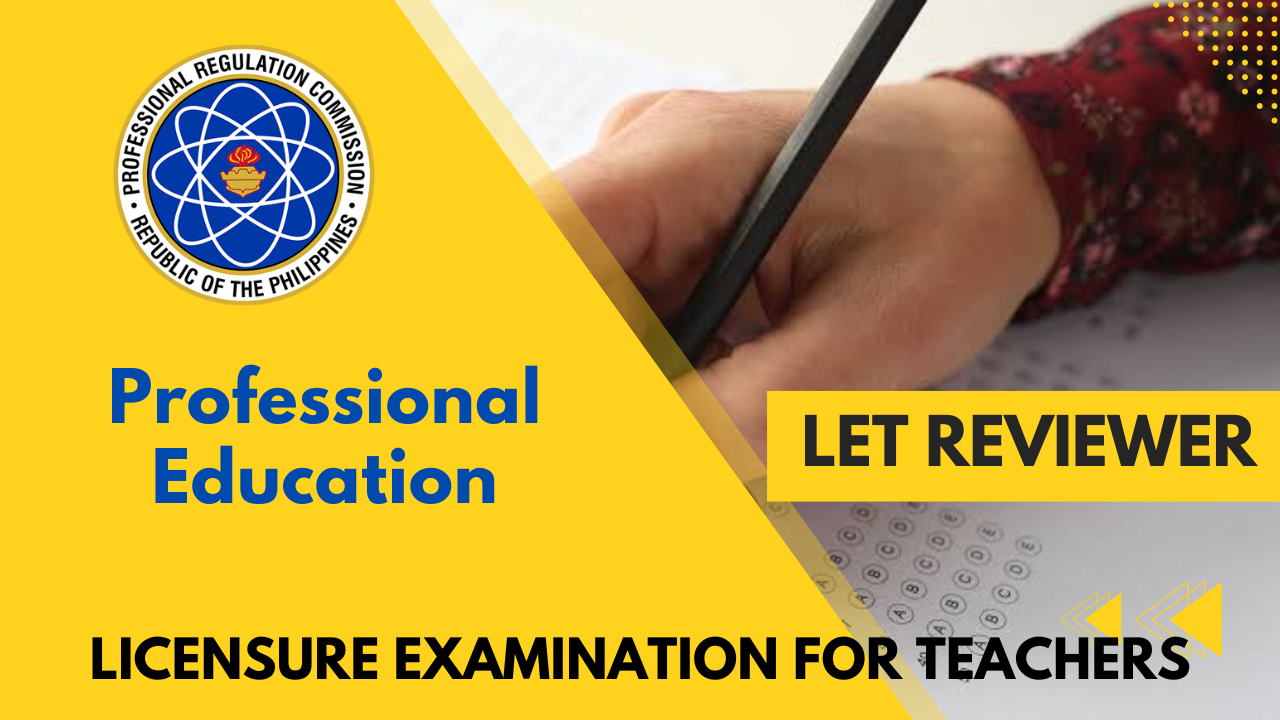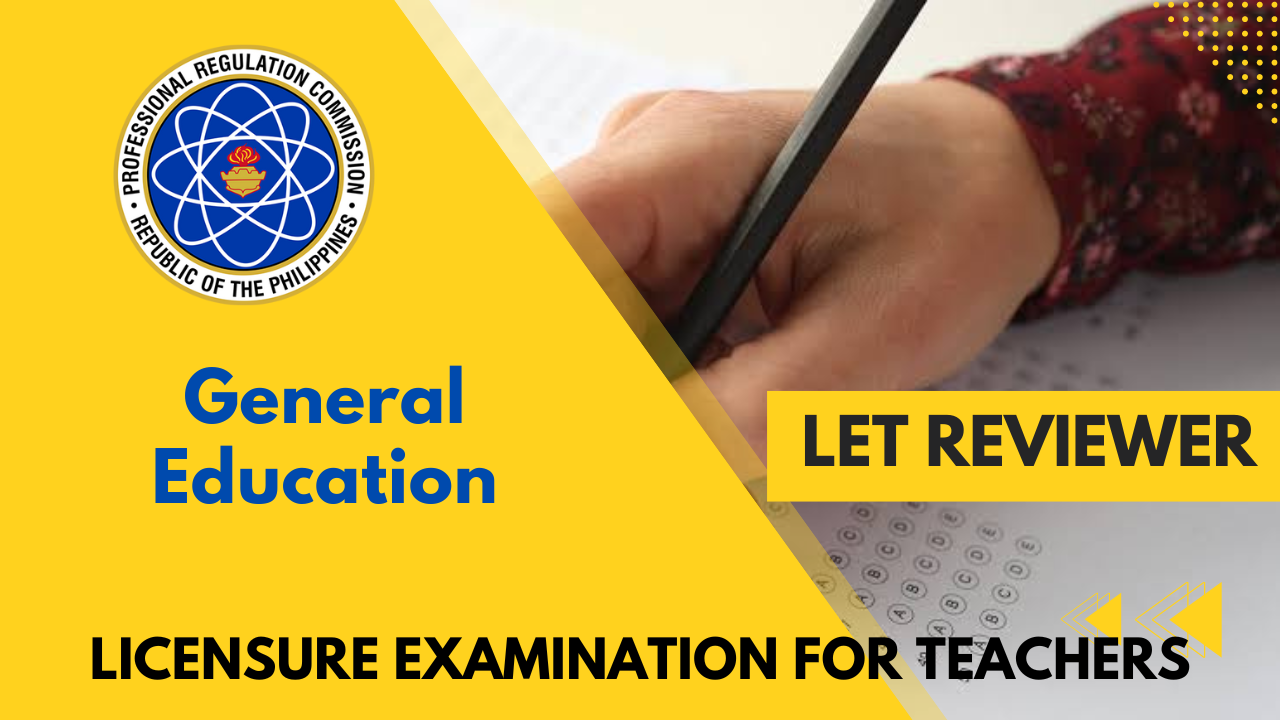

General Education in the New Curriculum – English Test 2
Purposive Communication in English
1. Andy is very smart she began reading when she was three years old.
2. Andy is very smart, then she began her reading when she was three years old.
3. Andy is very smart; she began reading when she was three years old.
4. Andy is very smart, for she began reading when she was three years old.
A. 1 and 3
B. 2 and 3
C. 3 and 4
D. 1 and 4
C. 3 and 4
A. The word “their” should be “your”
B. The word “everyone” should be “you”
C. Insert “of you “ after “everyone”
D. ‘Replace “their” with “his/her”
D. Replace “their” with “his/her”
“Everyone” is in the third person singular and should be paired with “his/her”
A. Everybody must bring his or her own lunch.
B. Everybody must bring their own lunch.
C. Every body must bring their lunch.
D. Everybody must bring our own lunch.
A. Everybody must bring his or her own lunch.
“Everyone” is in the third person singular and should be paired with “his/her.”
A. Yes.
B. No. Mother was eight years old when she gave the Ipod for Christmas.
C. No, the statement should be “My mother gave me, at eight years old, an Ipod for Christmas.
D. Yes, if “mother” is capitalized.
C. No, the statement should be “My mother gave me, at eight years old, an Ipod for Christmas.
Is “authoritarian” used CORRECTLY?
A. No.
B. Yes.
C. No, it should be replaced with “authoritative”.
D. Yes. It has the same meaning as “authoritative”.
C. No, it should be replaced with “authoritative”.
Purposive Communication in English
A. You will be served on a first come, first served basis.
B. You will be served on a first come, first serve basis.
C. You will be served on a first come, first served basis.
D. You will serve on a first come, first serve basis.
C. You will be served on a first come, first served basis.
Both should be “served.” Without the d, the phrase above suggests that the first individual who arrives will be the one who serves everyone, which is not the idiom’s intent; “will be served “because “will be” is always followed by the past participle form of the verb.
A. “breathe” should be “breath”
B. “breathe” should be “breathed”
C. Replace “a breathe “with “breathes”
D. No error in the sentence
A. “breathe” should be “breath”
The noun form “breath” not the verb “breathe” must be used in the sentence.
I. The standard discount applies, i.e, 10%.
II. I went to my least favorite place, i.e., the dentist’s clinic.
III. Try using easy-to-read fonts, i.e., Arial and Verdana.
A. I only
B. II only
C. I and II
D. I, II and III
C. I and II
e.g. which “example” not i.e. which means “that is”
I. Our backup drives, e.g. drives F and G, are new.
II. Some staff, e.g. John and Tony, are on leave.
III. Mammals, e.g. man, whale, and bird are warm-blooded animals.
A. I only
B. II only
C. I and II
D. I, II and III
D. I, II and III
e.g. which means “example” correctly used in all sentences
Schools must help learners master basic skills, interpersonal skills and how to live.
A. “help” must be “helped”
B. “master” should be “muster”
C. “master” should be “mastered”
D. “how to live” must be made parallel to “basic skills’ and “interpersonal skills”
D. “how to live” must be made parallel to “basic skills’ and “interpersonal skills”
In a series of enumeration, items must be parallel in form; “how to live” is differently phrased (infinitive) from the words “basic skills and interpersonal skills”.




0 Comments